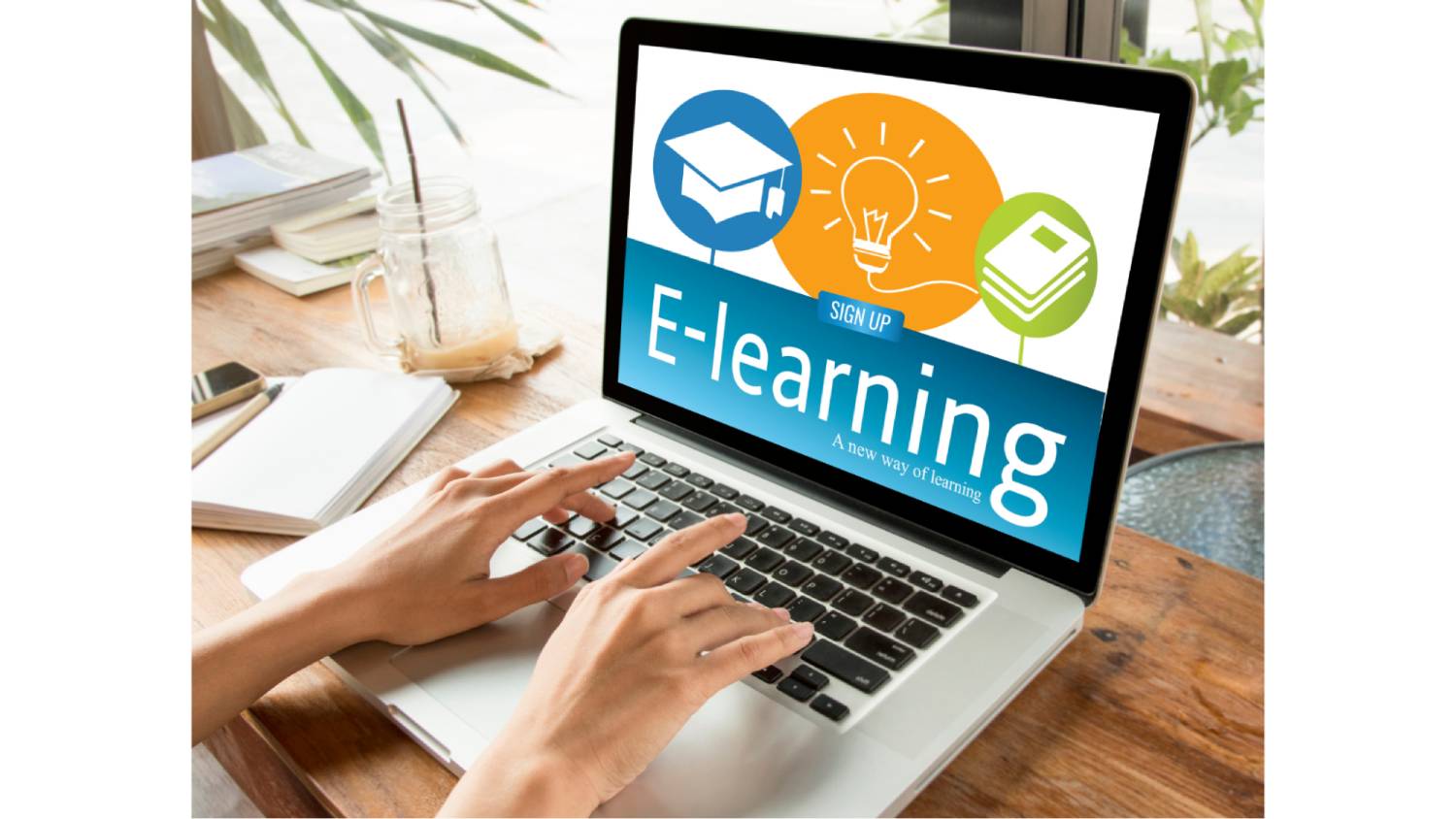How to make the switch to online training
As the effects of COVID-19 came into full swing, we started seeing a drastic change in our lifestyles across states like New South Wales and Victoria. Lockdowns were put into effect. This caused many businesses to either shut down completely or change the way they operated. Thankfully, the food processing industry here in Australia was already prepared for this.
Risk management and food safety measures in the food processing industry were widely followed and enforced across the country’s leading manufacturers. This helped food processing become one of the rare industries that didn’t experience a lot of COVID-19 transmissions.
Here at National Food Institute, we had an immediate need to adapt and evolve the way we delivered our workplace training. Other industries in Victoria had already adapted by making large portions of their workforces remote. Many people were able to take the work laptop home and work remotely. For our workplace based training courses, we had to start delivering portions of our training online.
Why remote learning is so important to businesses in COVID times
Many businesses and industries today can’t afford to put capability building on hold. Especially during COVID times. Capability building is the process of giving a workforce a new set of skills and knowledge. Teams need these new skills and knowledge so they can have an increased capacity to perform new sets of tasks or perform them to a higher standard.
Thanks to COVID-19, we’ve seen a rise in the necessity for remote and virtual learning. By establishing an online learning environment, you can continue to upskill your workforce. But creating an online work environment comes with its own set of challenges. There are tactical steps and measures you can take to ensure the launch of your virtual learning program becomes a success.
To help your business adapt to online learning, we’re sharing best practice actions you can try. Here at National Food Institute, we’ve used many of these actions to help businesses adapt to online learning.
Create a COVID-19 response team
Building a response team with individuals from different stakeholder groups is a good way to get started. This team can include team members from HR, learning delivery personnel, and IT staff. With regular meetings, this team can define clear decisions around learning programs and how they will affect daily work activities.
Protecting employees during in-person programs
During workplace based training, there are bound to be aspects of it that are still done in person. For this reason your workplace still needs to establish measures for in-person training. Precautions to take include social distancing and increased measures for cleaning and sanitising in the workplace.
Adapting in-person learning for online platforms
One of the best ways to decrease exposure risks to COVID-19 is adapting training to online forms. Large training events or classes can be broken down into smaller groups and hosted with videoconferencing sessions instead. Just remember that virtual online sessions don’t always translate the experience of in-person training. Some sessions require deep socioemotional and interpersonal skill-building. So make sure your virtual program is adapted accordingly.
Prepare for multiple scenarios and outcomes
As we’ve seen over the last 18 months, COVID-19 continues to rapidly change our lifestyle and work arrangements. One set of procedures that works for one month of online training won’t necessarily work for another when restrictions have eased or tightened. With your cross-functional COVID-19 learning team you need to practice fast decision making and have backup plans in place for rapid policy changes.
Some training organisations have started incorporating generous cancellation policies in place to help prepare workplaces for the worst. As your online and virtual training continues to increase, you also need to make sure you’re prepared for it. Do you have the tools and resources to host online training when participation numbers suddenly double or even triple? Identify any limitations with your technology and make sure you’re prepared. This could be something as simple as making sure every participant has access to smartphones, tablets, or PCs to view online course material.
Our approach at National Food Institute
As COVID-19 continues to change our livelihoods across Australia, the team here at National Food Institute has continued to come up with ways to enhance the workplace based training experience. Many parts of our training courses are now being taught and assessed online.
Making the switch to more online learning has helped businesses uphold the high operating standards that make Australian food processing one of the safest work environments today. Contact our team today if you need assistance with making the switch to online workplace based learning.

